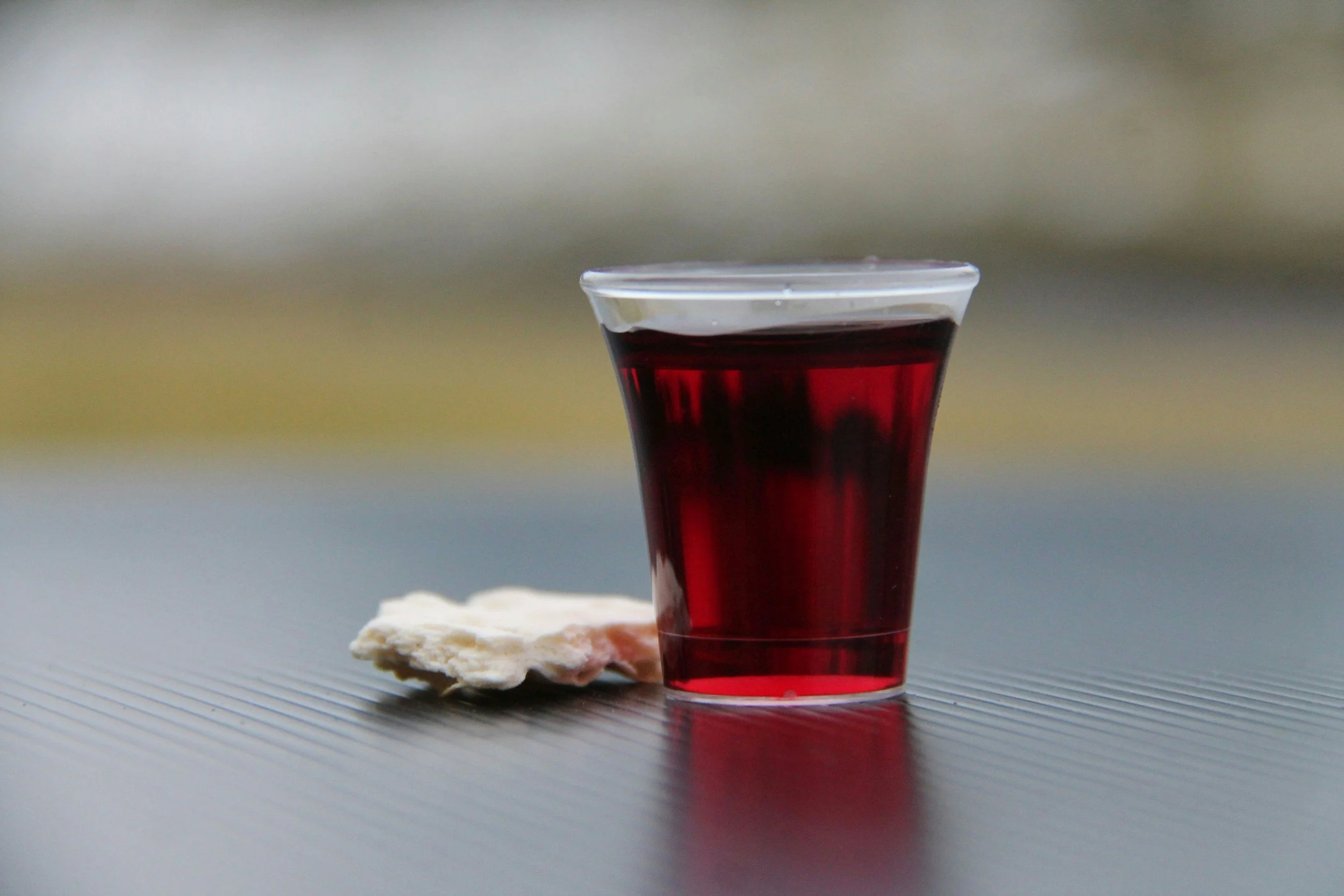3 Things We Do When We Take Communion
By Michael Kelley
It wasn’t just another dinner, and the disciples knew it. This was Passover week, the yearly celebration in which the Jewish people remembered how God delivered their ancestors from bondage to the Egyptians. And this meal, with its meticulous structure in which the story of the Exodus is retold and reflected on, was the climax. It’s no wonder, then, that Jesus’ followers asked Him:
“Where do you want us to make preparations for you to eat the Passover?” (Matt. 26:17).
They knew it would be special because it was always special. They didn’t know, however, that Jesus would change the way they - and we - understand this meal from that point forward. Since then, followers of Jesus have been regularly eating this meal. As Paul would later write in 1 Corinthians:
For I received from the Lord what I also passed on to you: On the night when he was betrayed, the Lord Jesus took bread, and when he had given thanks, broke it, and said, “This is my body, which is for you. Do this in remembrance of me.”
In the same way also he took the cup, after supper, and said, “This cup is the new covenant in my blood. Do this, as often as you drink it, in remembrance of me.” For as often as you eat this bread and drink the cup, you proclaim the Lord’s death until he comes (1 Cor. 11:23-26).
Every time we take communion, then, we are doing at least these three things:
1. Obeying.
Why do we eat this meal? Well, the most basic reason is because Jesus told us to do it. If people outside the faith think it’s strange, they wouldn’t be the first ones; for 2000 years people have looked in on this practice and wondered what it was all about. In the early centuries, Christians were even accused of cannibalism since they were eating flesh and drinking blood.
Despite any confusion doing so might bring, the simplest answer as to why we do it is because Jesus told us to.
2. Remembering.
Not only are we obeying Jesus; we are also remembering. In this, the taking of communion is much like the original Passover meal. The Jewish people had a date on the calendar specifically so they wouldn’t forget what the Lord had done for them, and having that regularity was necessary. It’s also necessary for us because with all the dynamics of life we face day in and day out, we are also prone to forget.
So even if we do, we at least have this series of moments specifically set aside so that we will remember. We will remember the sacrifice of Jesus. The broken body and the spilled blood. The death that brought us life and now sits at the apex of everything we are and do.
3. Proclaiming.
Communion takes different forms in different churches. It might range from an entire meal to a little cracker and some grape juice. But whatever the form, the elements are meant to tell a story. It’s the same story Christians have been telling and retelling since the beginning of the church. It’s the story of the sacrificial death of Jesus in visual form. And, in its proclamation, it is also an invitation for those who have not yet believed to do so.
If you’re a Christian, this is one of the things you do. And you do it with regularity. Don’t let the opportunity pass you by. Instead, think about what you’re doing, beyond just eating and drinking. Obey the commands of Jesus; remember the sacrifice of Jesus; proclaim the gospel of Jesus.
Michael Kelley is a husband, father of three, author, and speaker from Nashville, TN. His latest book is a year-long family devotional guide called The Whole Story for the Whole Family. Find his personal blog at michaelkelley.co.

